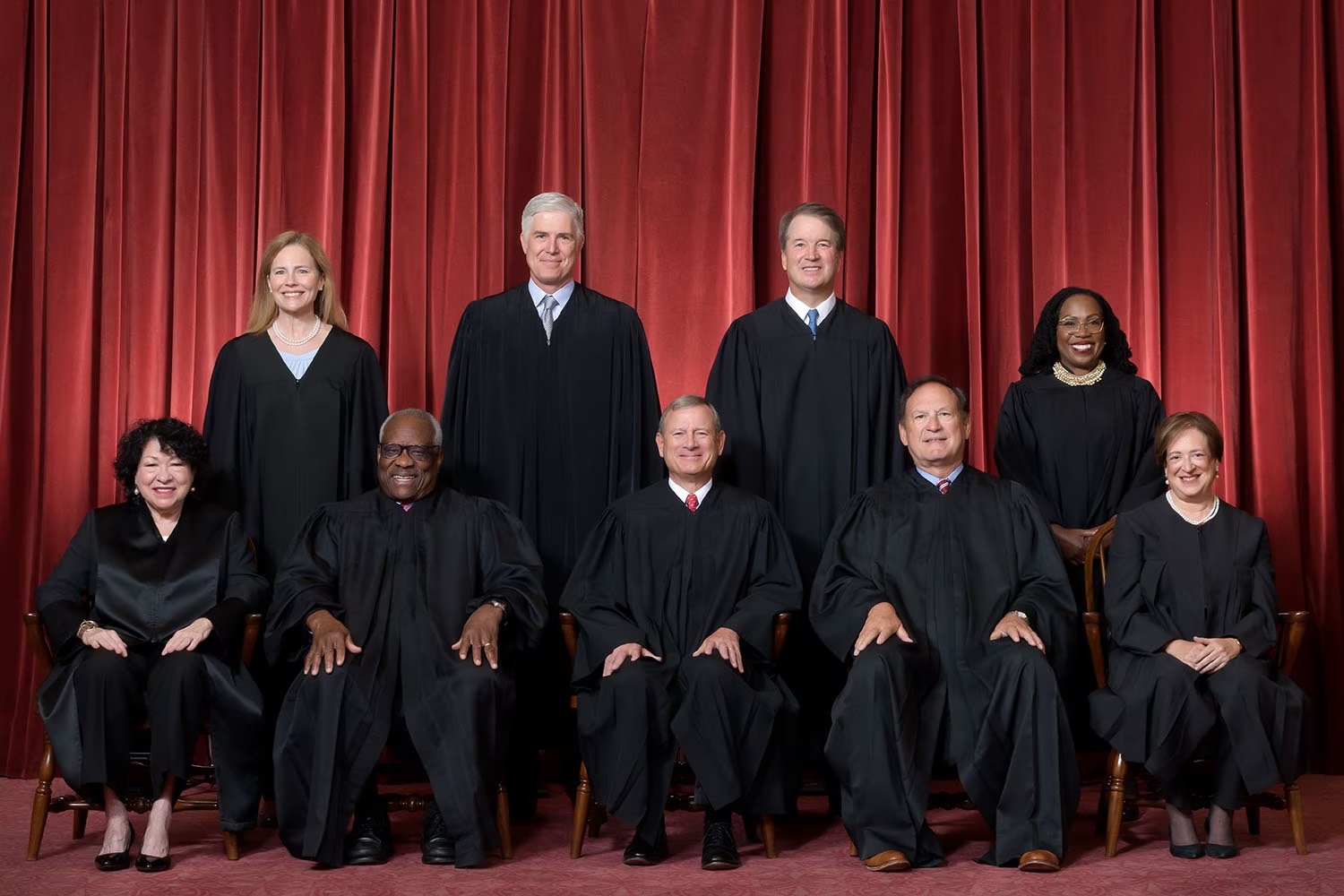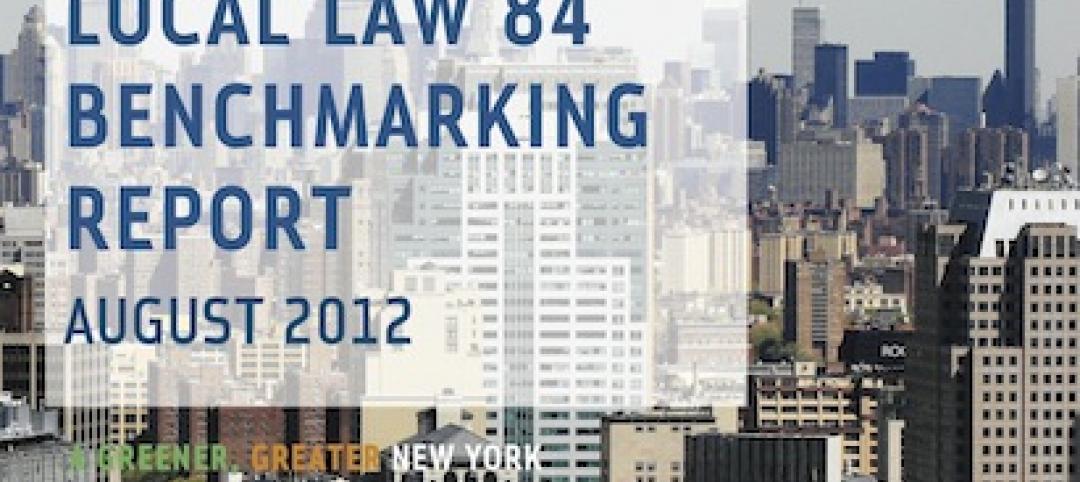A case before the Supreme Court will likely determine how the Clean Water Act is interpreted and the ruling could open up new areas for development within or adjacent to wetlands.
Late last year, the Biden administration issued a new definition of “waters of the United States,” which broadened the numbers of streams and wetlands subject to regulations of the Act. States and national advocacy groups have sued to reverse that provision, and a federal judge has halted it in 24 states.
A case before the Supreme Court, Sackett v. Environmental Protection Agency, may settle the issue. Environmental advocates worry that the justices will gut the Clean Water Act by imposing a narrow reading on what counts as one of the “waters of the United States.”
The court could decide that the federal government doesn’t have authority to protect as many as of half of the country’s wetlands. That action could make many more acres of land nationwide available to developers.
The director of federal water policy at the Natural Resources Defense Council told Grist that the case’s impact is “hard to overstate.” It could make it a “huge problem” to achieve the organization’s water quality goals, he said.
But real estate developers would cheer such an outcome as it would eliminate uncertainty over which areas are subject to the Act, and how they could build on parcels in wetlands areas.
Related Stories
| Mar 14, 2013
Possible tax code changes prompt action from various industries, including construction
With Congress potentially tackling tax reform, businesses, trade groups and others are jockeying to get their voices heard.
| Mar 6, 2013
OSHA: Employers must post injury and illness summaries
The Occupational Safety and Health Administration is reminding employers to post OSHA Form 300A, which lists a summary of the total number of job-related injuries and illnesses that occurred during 2012.
| Feb 25, 2013
10 U.S. cities with the best urban forests
Charlotte, Denver, and Milwaukee are among 10 U.S. cities ranked recently by the conservation organization American Forests for having quality urban forest programs.
| Feb 22, 2013
Defense department report: Green design saves taxpayers money
An independent report on energy efficiency and sustainability standards used by the Pentagon for military construction affirms the value of LEED-certified high performing buildings to America’s military and U.S. taxpayers.
| Feb 21, 2013
BD+C's 2011 White Paper: Zero and Net-Zero Energy Buildings + Homes
We submit our eighth White Paper on Sustainability in the hope that it will inspire architects, engineers, contractors, building owners, developers, building product manufacturers, environmentalists, policymakers, government officials, corporate executives, officeholders, and the public to foster the development of net-zero energy buildings and homes.
| Feb 21, 2013
BD+C's 2008 White Paper: Green Buildings + Climate Change
In this White Paper, we provide concrete ways in which AEC professionals can have a positive role in addressing climate change.
Smart Buildings | Feb 14, 2013
Minneapolis joins energy benchmarking trend for commercial buildings
Minneapolis is the latest major metro to require large commercial buildings to benchmark and disclose their energy and water use.
| Feb 6, 2013
BOMA favors voluntary energy benchmarking and disclosure, opposes mandates
The Building Owners and Managers Association (BOMA) International announced support for voluntary energy benchmarking, but said it opposes mandates for benchmarking, disclosure, and labeling that many states and municipalities are implementing.
| Jan 25, 2013
D.C. authority wants to halt sewer tunnel projects while investigating green stormwater alternatives
The District of Columbia Water and Sewer Authority has proposed suspending a tunnel-building project.













